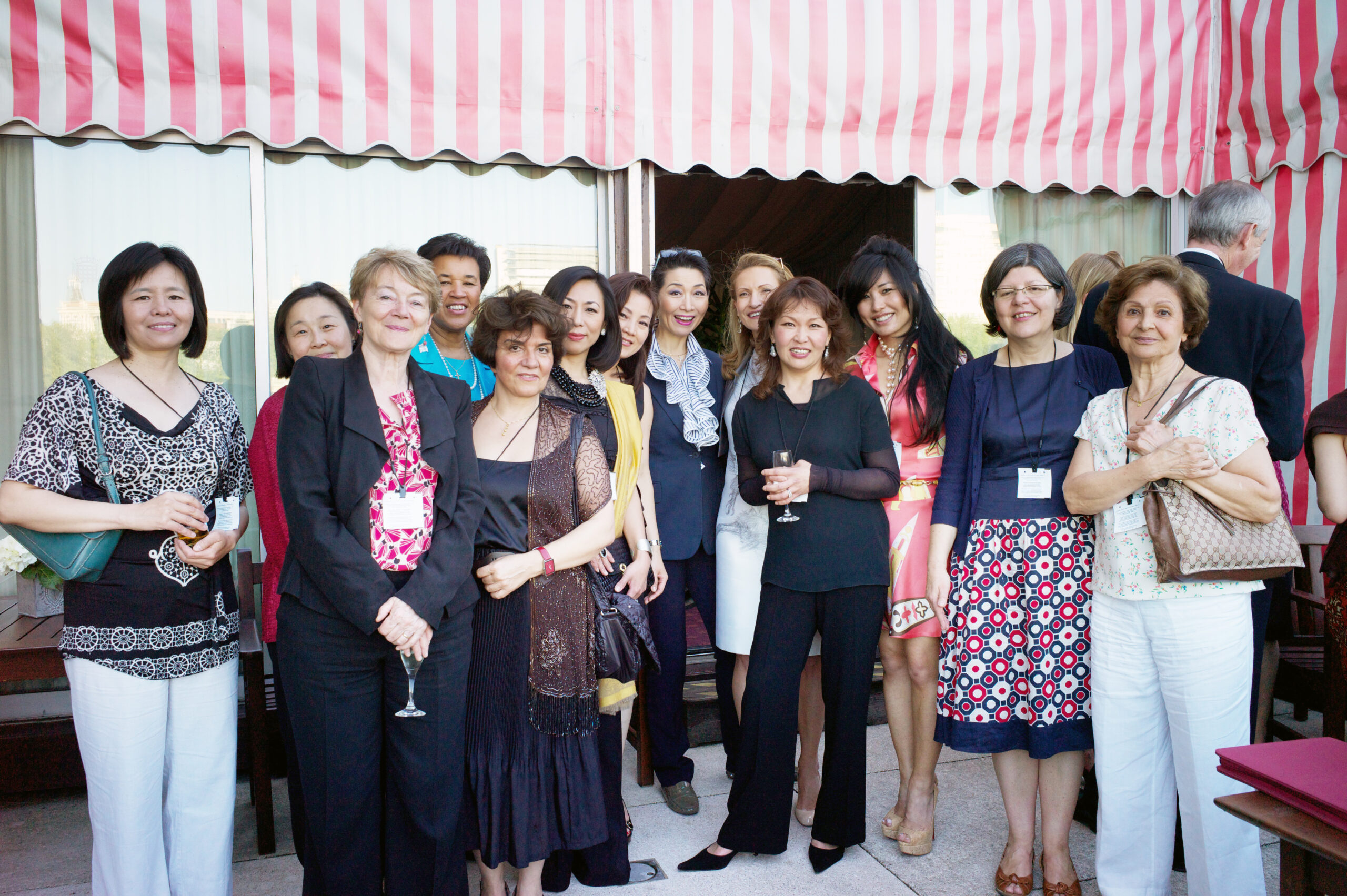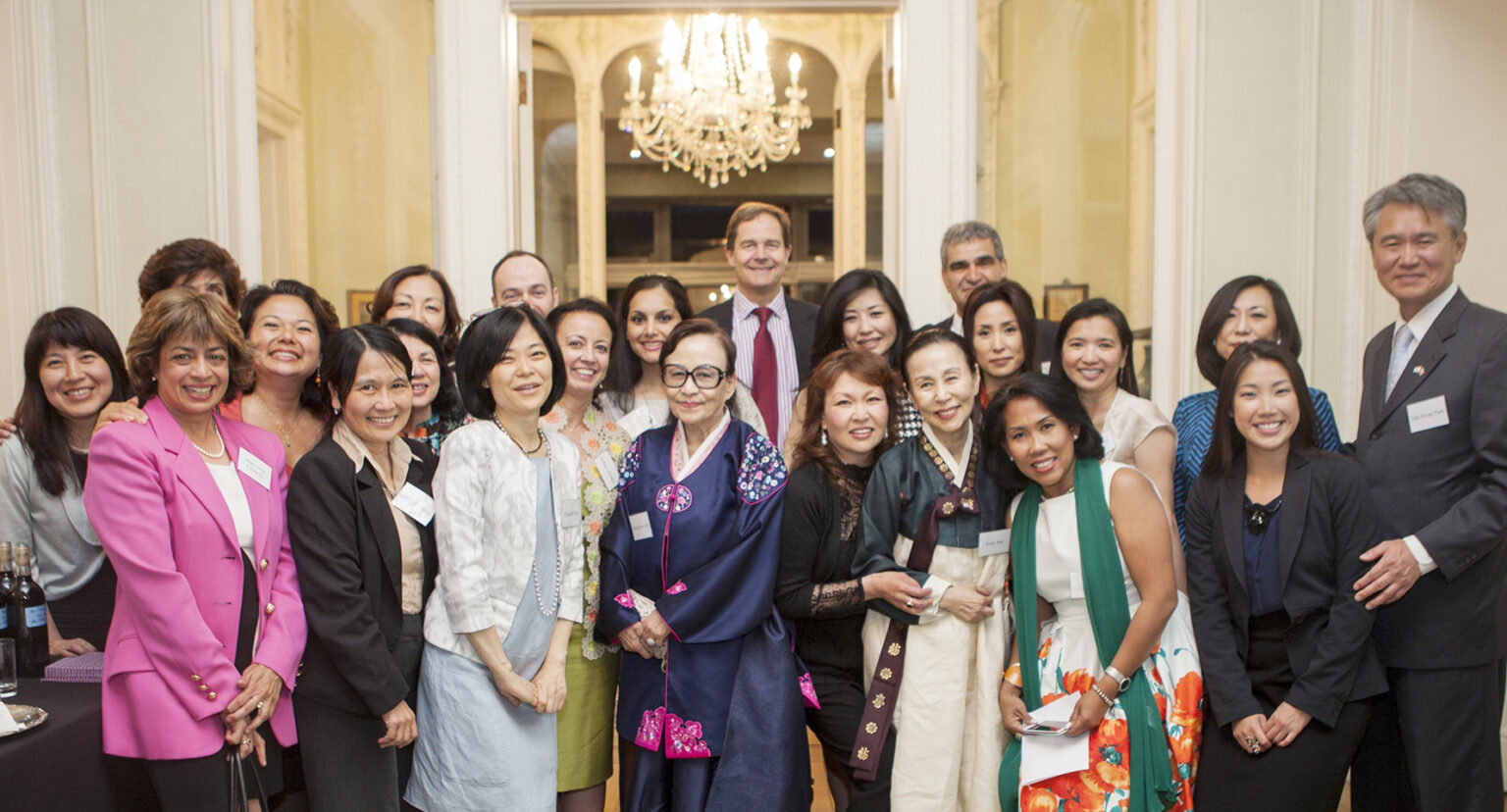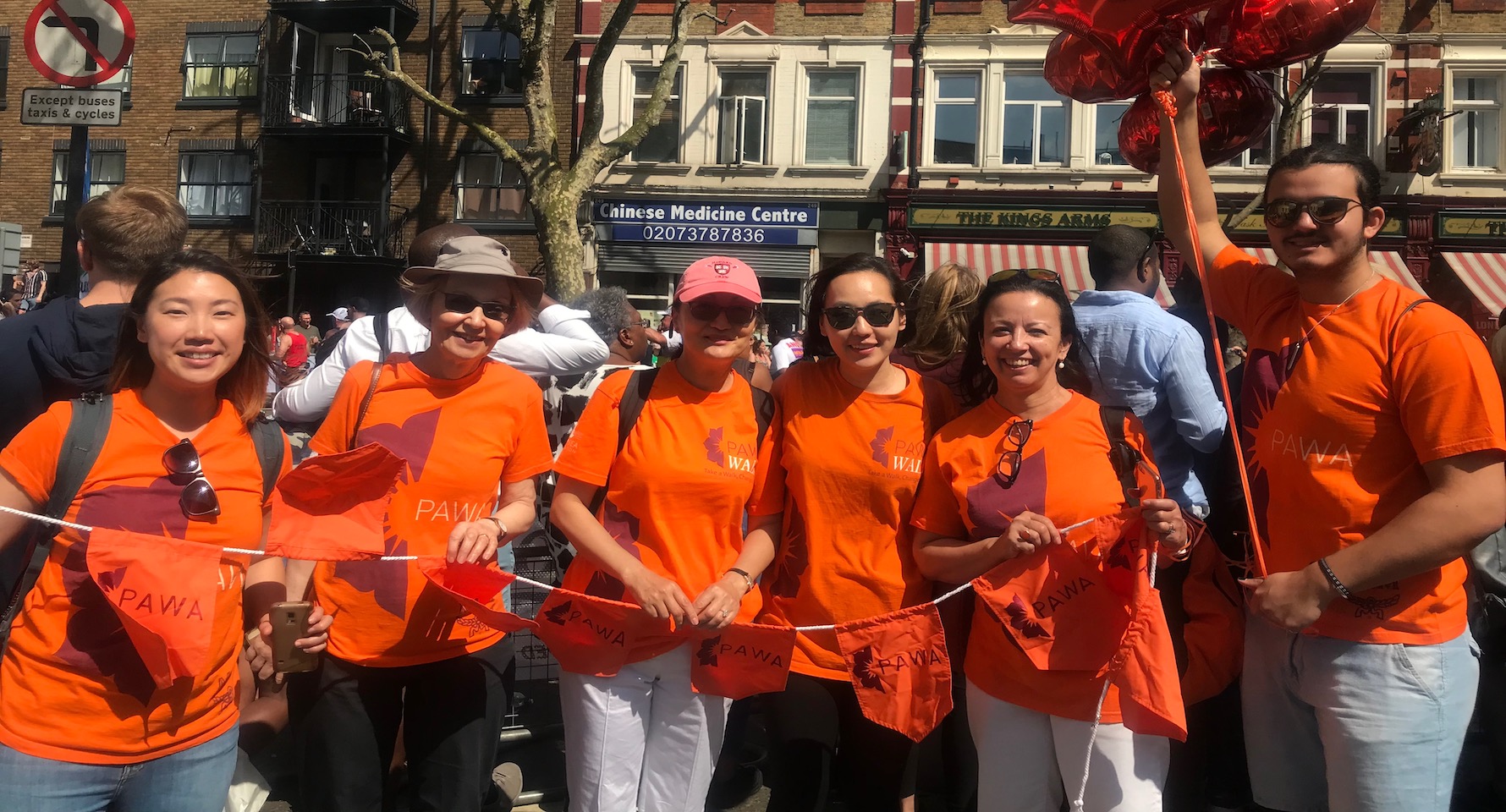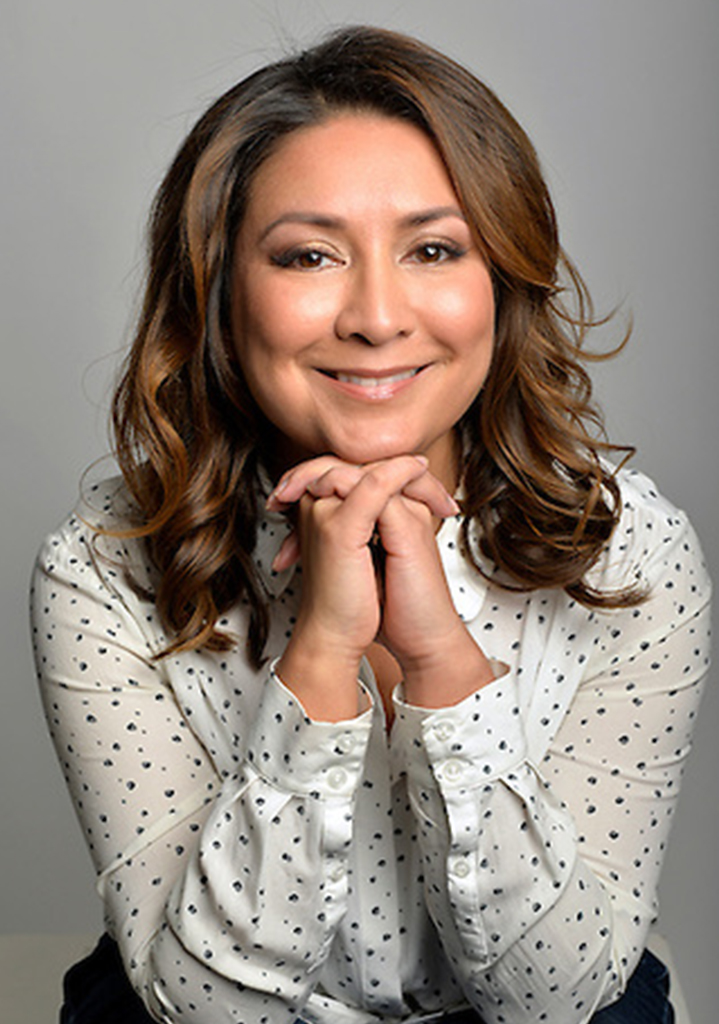
Ayesha Hazarika
“SOMETIMES TO MAKE PROGRESS YOU DO HAVE TO UPSET PEOPLE”
Ayesha Hazarika was a Labour party special adviser to Gordon Brown, Harriet Harman and Ed Miliband from 2007 to 2015.
She was a speechwriter, prepared leaders for big parliamentary debates including Prime Minister’s Questions, managed media relations, specialised in women’s issues and helped draft the landmark Equality Act 2010. She is now a much sought-after political commentator and broadcaster. In August 2019, Ayesha was appointed editor of The Londoner, the prestigious diary pages in the Evening Standard. She is also a columnist for the Evening Standard, the Scotsman and the i paper.
She frequently appears on television and radio including the BBC’s Andrew Marr Show, Newsnight, Sky News, Good Morning Britain, LBC and CNN International. From July, Ayesha is presenting her own news and current affairs show on Times Radio every Saturday and Sunday 4-7pm.
She’s a familiar face and voice on many satirical panel shows including The News Quiz, BBC Radio Scotland’s Breaking the News and Have I Got News For You.
Her first book ‘Punch and Judy Politics’ – an insider’s guide to Prime Minister’s Questions – was published in May 2018.
Ayesha is also an award-winning stand-up comedian and since leaving politics has performed critically acclaimed one woman shows at the Edinburgh festival and around the country.
She was awarded an MBE for services to politics in 2016 and an Honorary Doctorate in Law from her alma mater Hull University in January 2019.
She talks to Kamalakshi Mehta about not treading the beaten path.
You’ve had an enormously interesting and varied career — political adviser, commentator, stand up comedian. How did that happen?
I don’t think I had a real plan. My parents really valued the professions of law, medicine, but I knew from a young age I wanted to do something different, I just didn’t know what. Ever since I was a young child I had a love of politics, of the news and of comedy. Probably an early clue was that my favourite show was “Spitting Image”!
I ended up working in the civil service, doing basic admin and just worked my way up. I got involved in government press communications, and I found I was really interested in how government works, in policy — it was fascinating to be at the heart of Westminster. And then I was lucky enough to get promoted, and eventually I was noticed by some of the more senior politicians and they asked me to cross over and become a political adviser. I was one for almost ten years, in government and in opposition. I worked for Tony Blair, Gordon Brown, Harriet Harman and Ed Miliband. It was a fantastic opportunity to work with these really great, visionary political leaders. And then I left politics and I wasn’t sure what to do, but I still had this huge interest in it, so I started to write about my experiences, to commentate on politics, and I’ve been lucky enough to be taken seriously. And now I write for the Evening Standard and other newspapers, and I’ve just started my own radio show on Times Radio — it’s on politics and current affairs —hopefully with a bit of warmth and a bit of wit!
I’ll be listening to that! So where does comedy fit in?
I started doing stand-up in my 20s, while I was still a civil servant. I was gigging in the evenings and performing all over the country. I stopped doing it when I became a special adviser because it would have been a bit strange to be on the comedy circuit during that time! But when I left politics in 2015 I returned to the stand-up stage. I wrote three one-woman shows about my time in politics and about my observations about the world. I took them to the Edinburgh festival and around the country. It was great to be back performing. I did other comedy panel shows like the News Quiz, Breaking the News and Have I Got News For You. Right now, with the writing and the radio show I don’t really have the time to devote to performance, even if it were a possibility in these very strange times.
I miss it though.. particularly the Edinburgh festival, which is so incredible for young and old. You get to dip in and out, see things you wouldn’t have otherwise. Let’s hope that it’s back next year.
One still sees far fewer girls and women really putting themselves out there, trying things in their career that may be a bit risky. Is it our conditioning?
There’s still a lot of gender segregation that starts at a young age; all the usual stuff, girls get the kitchen sets, boys are given the tank. Don’t get me wrong — there are many girls who, if they were put in a completely neutral position, would still want to play with the kitchen set, but we are giving girls subliminal messages at a young age, and we know that a lot of who you are is determined in the early years. I also think it’s very powerful for girls to have examples in front of them. If you see it, you can be it. And then we have to give them confidence. It’s still hard-wired in girls to be the good girls, to be pleasant, to play nice. I’m not saying we should run around being badly behaved but sometimes to make progress you do have to upset people, you do have to ask for what you want, you do have to make an argument, to be prepared to fight for your beliefs. You have to have the confidence to not always be liked. And you have to take some risks. We tend to teach girls that failure is bad, that risk is bad, whereas boys are encouraged to be adventurous in their lives.
What worries you about this unsettling period we are going through in terms of its impact on women?
The effects on women are very significant. It’s been very tough for all kinds of women. Single women, unemployed women, elderly women living alone, working mothers — who are trying to hold down a job and do much of the home schooling, the care, the housework. Most dads are doing their best and this is not to say that men are having an easy time of it — the statistics show that the virus has hit them harder – but I think it’s fair to say that women have a unique burden. I did some work with the Fawcett Society [a gender equality campaigning charity] who did a poll with Ipsos Mori that showed that women were bearing the emotional and financial brunt of the lockdown. Whether they’re tending to their kids, their older relatives, their anxieties are greater. Women are more worried about the second spike, about their family’s well being. And at the same time, it’s their jobs that are more precarious, more vulnerable to layoffs. And of course we know that rates of domestic violence against women have shot up during lockdown. So it’s really been quite hard.
A number of the schools that educate girls supported by PAWA remain closed. What could be the impact of these prolonged closures?
The big worry is that we can go backwards on hard-won rights. Organisations like PAWA and others in the field have worked so hard to establish a girl’s right to education, and make sure it happens in facilities that are safe and clean. My anxiety is that a long gap like this can really set a child back, particularly girls like the ones you help, who come from disadvantaged backgrounds. If you’re from a middle class educated home, then ok, it’s not great that there’s no school but your mom or dad can sit down and read with you, help you with your studies. But for the girls who come from poverty, the school can often take place of the parent.
It is such a shame — for a while there it really felt that the world was beginning to turn a corner, to understand that if you invest in a girl’s education, that was money so well spent. It would help the local economy, it would help build stronger families, it was better for everybody. We were starting to see that as not a contested subject any more. But now, there are going to be fewer resources, and people are going to be competing for those resources. Let’s just pray that girls are not the ones who lose out.
